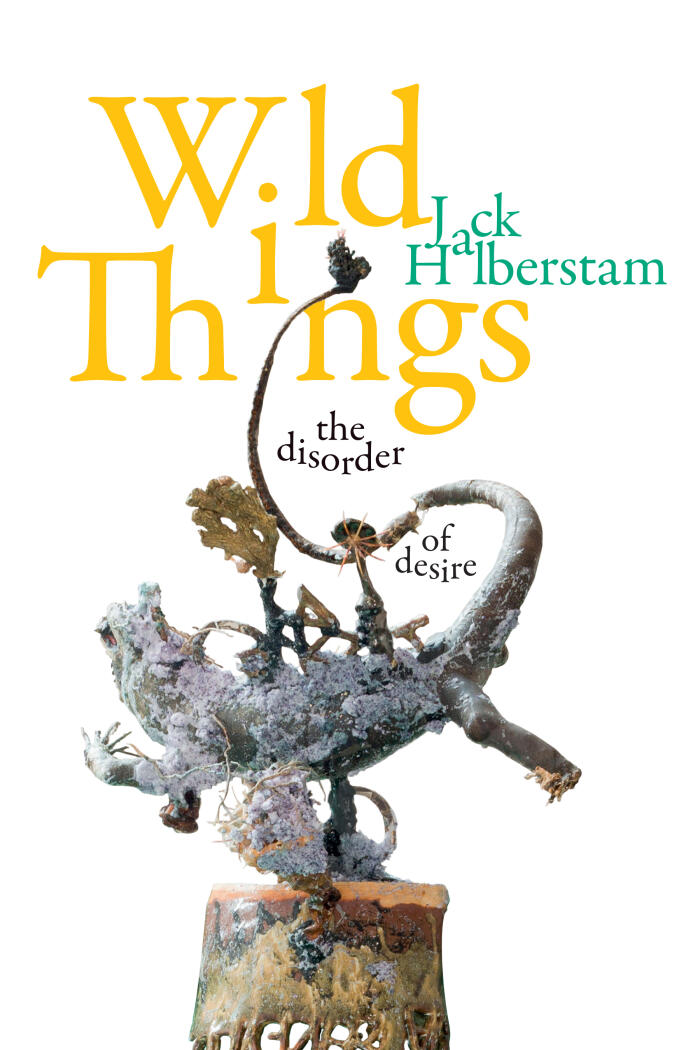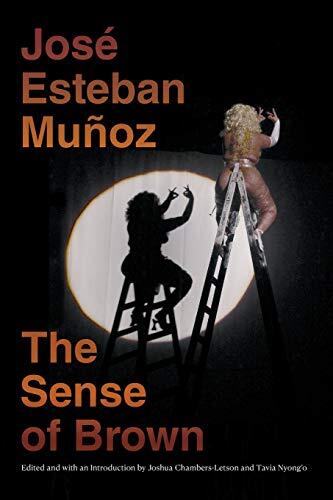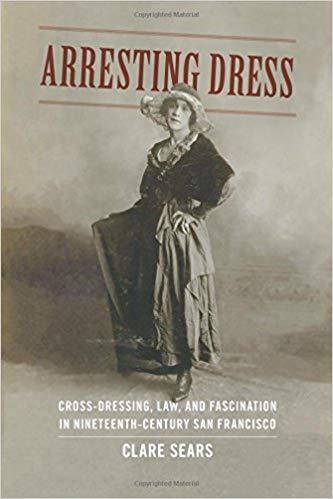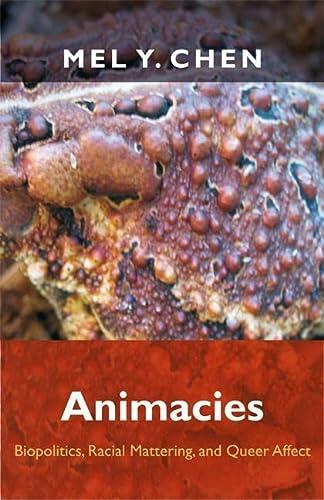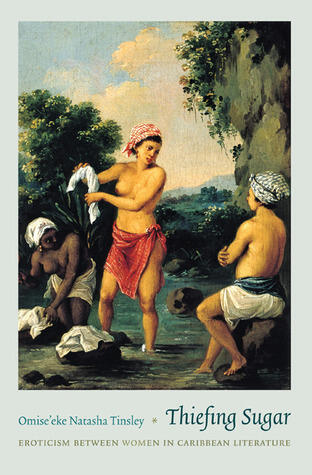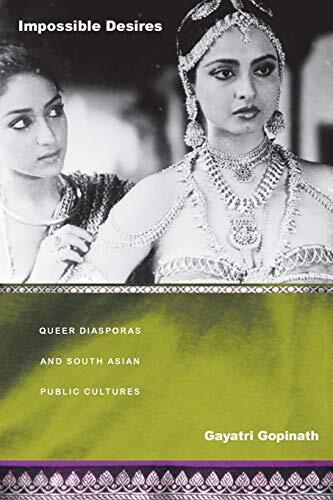
Monstrous Intimacies: Making Post-Slavery Subjects
by:
Christina Sharpe
Language: English
Format: Hardcover
ISBN 10: 0822345919
ISBN 13: 9780822345916
Publication date:
September 7th, 2010
Publisher: Duke University Press Books
Pages: 272
Genres: Romance, Biography, Autobiography & Memoir, History
Christina Sharpe delves into the profound and haunting repercussions of slavery in her exploration of the complex fabric of post-slavery identities. She examines how the echoes of sexual violence and racial subjugation continue to shape the experiences and relationships of those affected. By unpacking these themes, Sharpe thoughtfully illuminates the intersections of intimacy and monstrosity that pervade the lives of post-slavery subjects.
Through an insightful analysis of historical narratives and contemporary contexts, Sharpe reveals the ways in which trauma, memory, and resilience intertwine. The book offers a critical lens on how societal structures perpetuate the legacies of violence while simultaneously highlighting the moments of connection and resistance that arise from these struggles.
Sharpe invites readers to reconsider the definitions of intimacy and monstrosity, proposing that the scars of the past can inform a deeper understanding of the present. This exploration challenges conventional boundaries, encouraging a reimagining of subjectivity for those emerging from the shadows of slavery’s haunting legacy.
Through an insightful analysis of historical narratives and contemporary contexts, Sharpe reveals the ways in which trauma, memory, and resilience intertwine. The book offers a critical lens on how societal structures perpetuate the legacies of violence while simultaneously highlighting the moments of connection and resistance that arise from these struggles.
Sharpe invites readers to reconsider the definitions of intimacy and monstrosity, proposing that the scars of the past can inform a deeper understanding of the present. This exploration challenges conventional boundaries, encouraging a reimagining of subjectivity for those emerging from the shadows of slavery’s haunting legacy.
